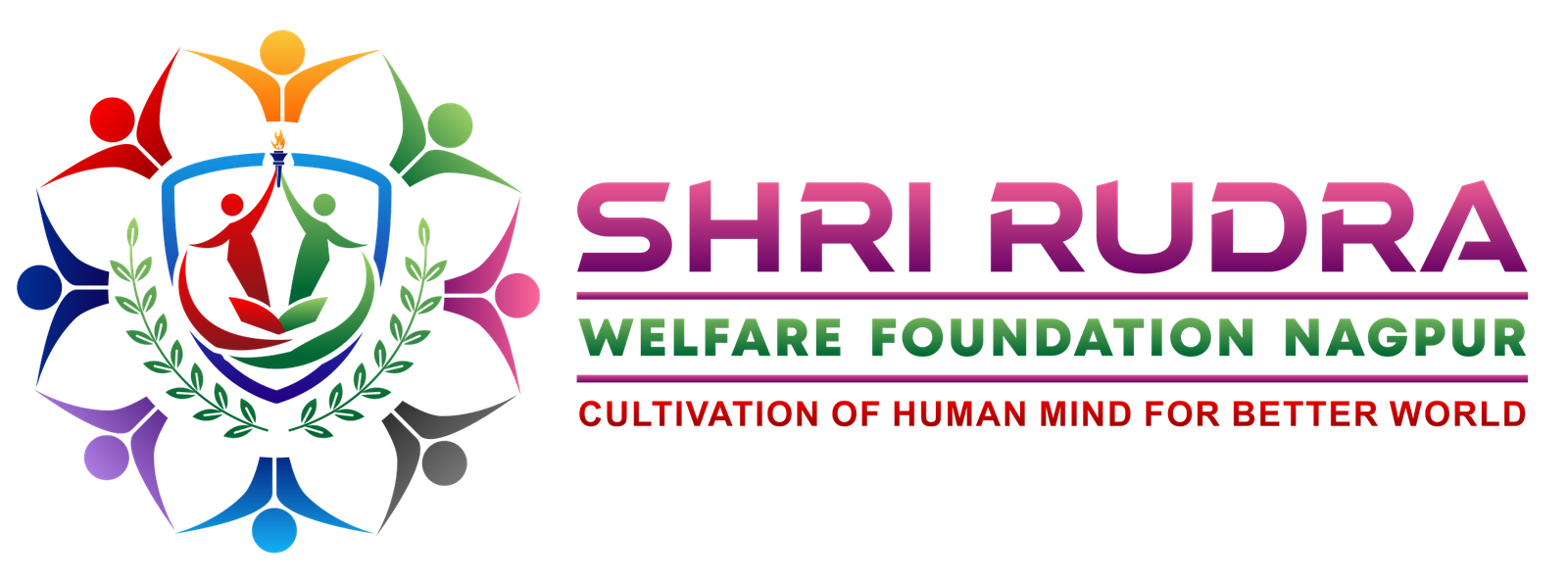It’s heartening to hear about the initiative taken by Rudra Welfare Foundation to provide “Happy Education with Playful” for children in slum areas. Such programs can make a significant positive impact on the lives of underprivileged children. Here’s a summary of the key aspects of this initiative:
Program Objective:
The primary objective of the “Happy Education with Playful” program is likely to provide education and holistic development opportunities to children living in slum areas. This includes both formal education and creative, playful activities designed to make learning enjoyable.
Key Components:
- Formal Education: The program likely includes structured educational sessions to help children improve their literacy and numeracy skills. This may follow the local curriculum or be tailored to meet the specific needs of the children.
- Play-Based Learning: The emphasis on playful learning means that education is integrated with games, creative activities, storytelling, and other interactive methods. This not only makes learning fun but also enhances cognitive and social development.
- Holistic Development: Beyond academics, the program may focus on the holistic development of children, including their physical health, emotional well-being, and social skills. This can involve activities like sports, art, and mindfulness exercises.
- Nutrition and Health: Ensuring that children have access to proper nutrition and basic healthcare is often a crucial part of such programs, as malnutrition and health issues are common concerns in slum areas.
- Community Engagement: Involving parents and the local community in the program can help create a supportive environment for children’s education and well-being.
- Mentorship and Counseling: Providing mentorship and counseling services to children who may face various challenges, such as poverty or family issues, can be instrumental in their personal growth and resilience.
- Life Skills: Equipping children with life skills, such as problem-solving, communication, and decision-making, helps prepare them for a brighter future.
- Joyful Environment: Creating a joyful and safe learning environment where children feel valued, respected, and loved is essential for their emotional development.
Impact:
The impact of such programs can be profound. They can improve the educational outcomes of children in slum areas, break the cycle of poverty, and provide them with opportunities for a better future. Additionally, by promoting playful learning and happiness, these programs contribute to the overall well-being and happiness of the children.
Rudra Welfare Foundation’s “Happy Education with Playful” initiative is a commendable effort that recognizes the importance of nurturing the potential of children in marginalized communities and ensuring they have a chance to enjoy their childhood while receiving quality education.
